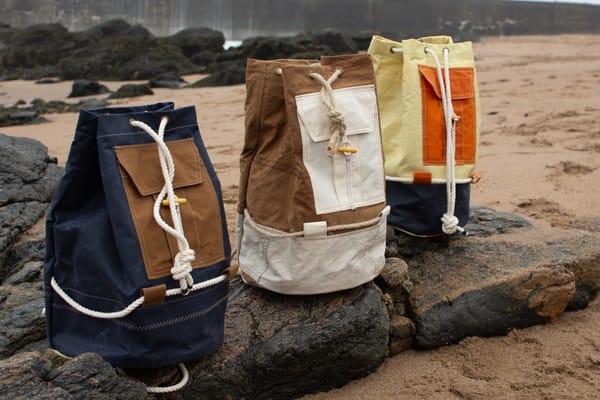
Creative Businesses
Textile Storytelling and Tall Ships with Fernweh
Textile storytelling and tall ships: Laura Sherriffs sails onto new seas

Creative Businesses
Textile storytelling and tall ships: Laura Sherriffs sails onto new seas
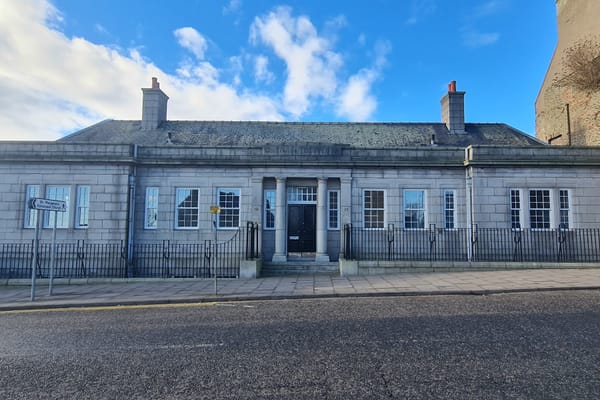
Community
Code the City is transforming a disused space into an innovative centre for digital skills and community collaboration.
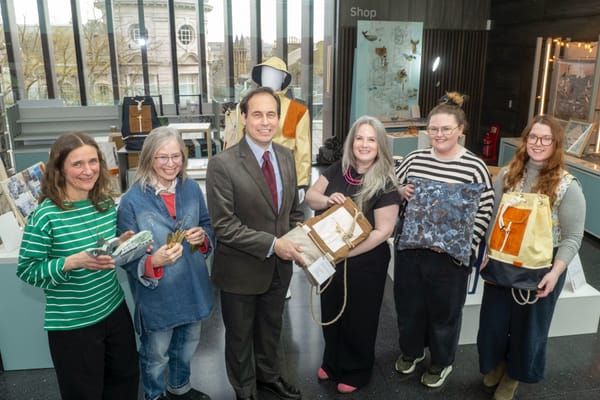
Art
Makers Programme showcases local artists whose maritime-inspired creations explore heritage and innovative design.
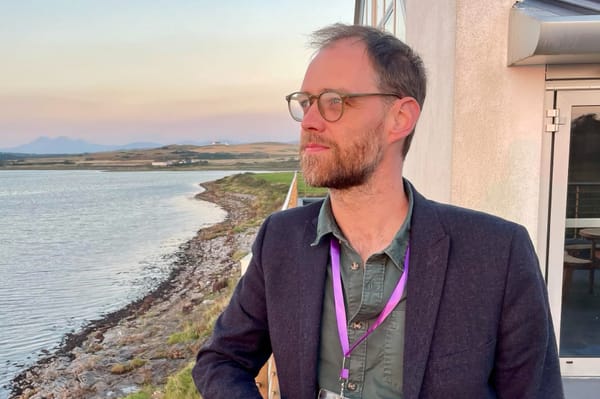
People
INTERVIEW: Development director Simon Gall explains why giving communities creative control transforms local culture.
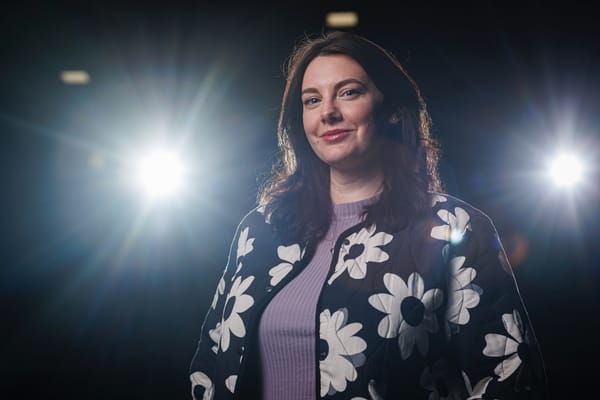
People
The newly appointed creative director shares her plans to build on the momentum and turn the venue into a hub for storytelling.
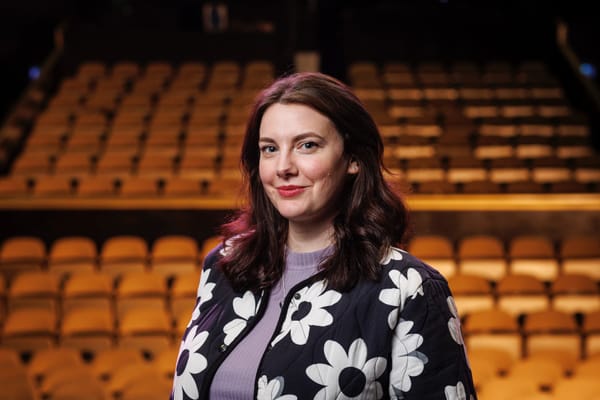
Theatre
Amidst challenges facing the arts sector, the new creative director aims to build on the centre’s recent resurgence.
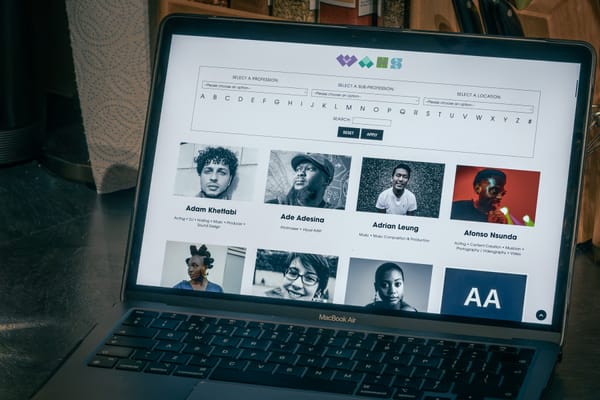
Community
The website promotes greater visibility and fair compensation to build real diversity in the arts.
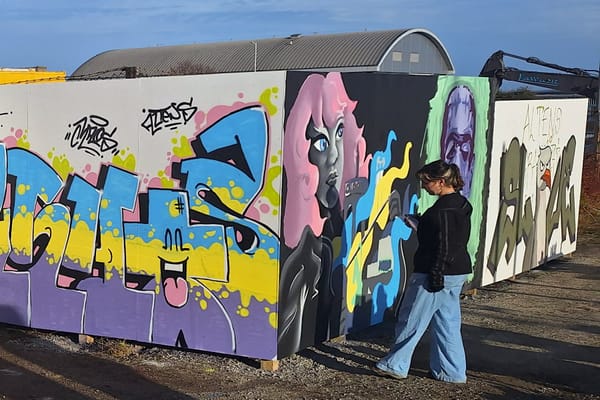
Art
Aberdeen street art scene grows with a new legal wall that combines artistic opportunity with community engagement.
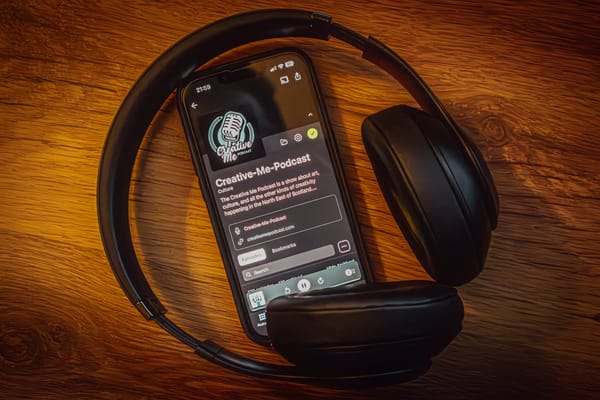
People
Aberdeen podcasts offer something for every listener, from creative arts to football and mental health to the music scene.
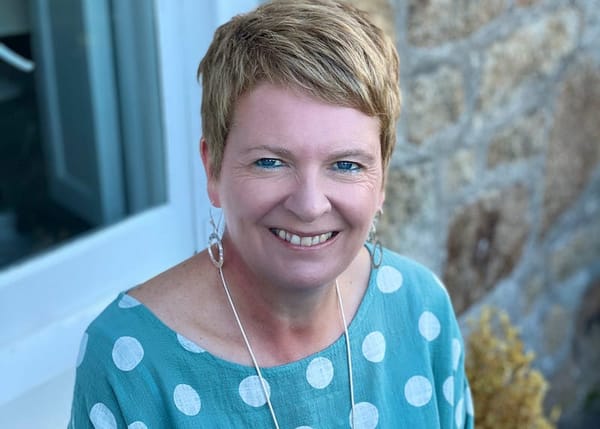
People
Edel Harris OBE: A New Beacon for Aberdeen Performing Arts Aberdeen Performing Arts announced today that Edel Harris OBE will be their new board Chair. Harris will start her journey with APA in February as a board member and Chair-Elect. She’ll then step up as the Chair later in
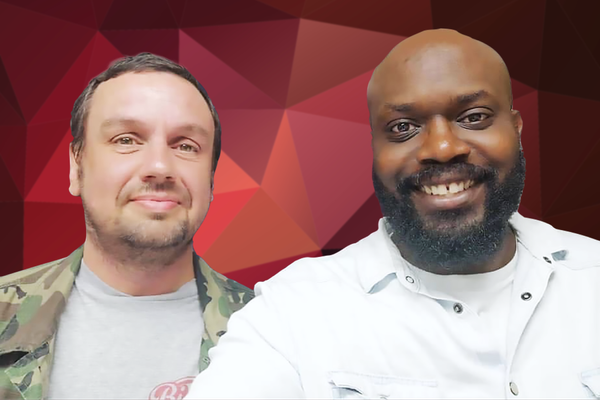
People
Aberdeen creative businesses Big Up the Deen and Doric Skateboards are working together to form ‘Big Up the Doric’ a new collaboration which will pay tribute to those who have inspired and supported them. Ica Headlam and Gary Kemp first met in 2018. They had known each other online for
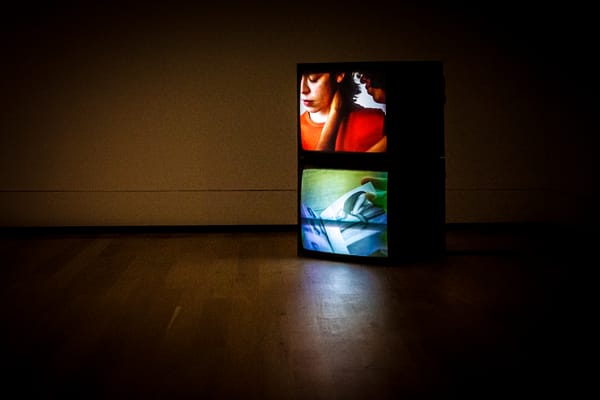
Art
British Art Show 9 (BAS9) finished its run at Aberdeen Art Gallery this weekend. And so, gallery staff will carefully pack up the show for now. Then soon, organisers with ship the show to Wolverhampton for its next leg. It has faced challenges over the past few months, opening during